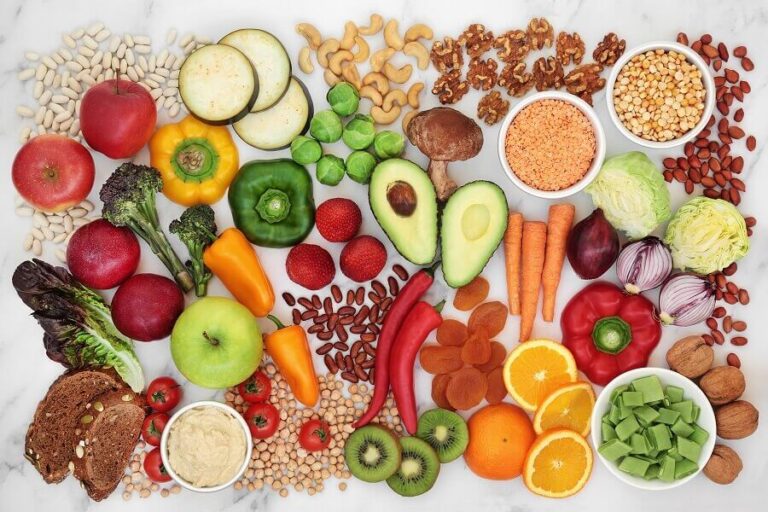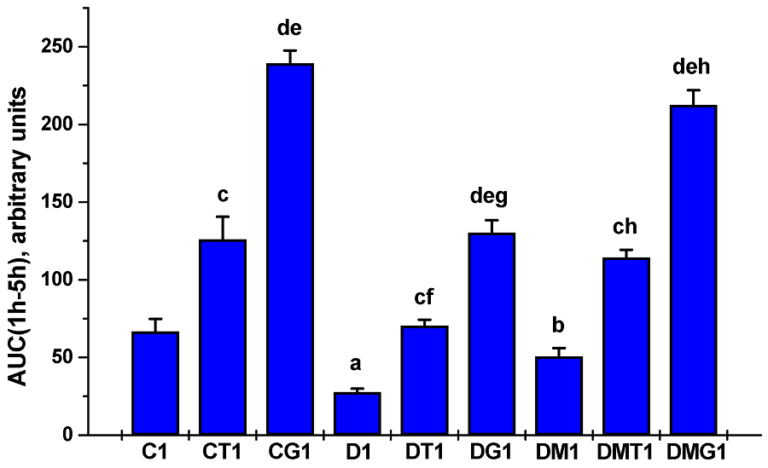What is caffeine?
Caffeine is a central nervous system stimulant contained in more than 60 plants. Its principal effects are increased ability to concentrate, reduced feeling of fatigue, and increased body temperature and respiratory capacity.
The recommended amount of caffeine is 100-200 mg; in these amounts, it can improve cognitive abilities to a lesser degree. However, an excess in its quantity can lead to serious side effects and contraindications.
Caffeine is considered one the natural thermogenic. This is because it can increase a person’s temperature or thermogenesis.
The recommended amount of caffeine per day
The recommended amount of caffeine per day is about 50-100 mg. This dose is enough to increase productivity and sports performance.
It is often added to pre-workout or pre-workout supplements. Consumption in moderate amounts is considered safe. (2) (3)
250-300 mg can generate mild side effects such as excessive sweating and tachycardia. If this habit is maintained for long periods, it can cause sleep disorders.
When the amount is higher than 400-500 mg, it can cause severe symptoms such as panic attacks. A figure higher than 1000 mg is considered extremely dangerous for the cardiovascular system. (3)
Amount of caffeine in instant coffee vs. green tea vs. coca cola
The amount of caffeine in green tea and coffee can vary significantly. In general terms, it can be said that coffee has more caffeine than green tea and coca-cola.
Caffeine is present in most soft drinks brands, such as Coca-Cola, and to a lesser extent, some types of chocolate.
The figures in these products do not usually exceed 200 mg. Below is a table with the amount of caffeine in different types of coffee, green tea, and soft drinks:
| Drink | Caffeine content |
| Cup of ground coffee (250 ml) | 95 – 200 mg |
| Instant coffee cup (250 ml) | 30 – 200 mg |
| Decaffeinated coffee cup (250 ml) | 2 – 30 mg |
| Guarana powder | 40-50 mg |
| Espresso (30 ml) | 40 – 75 mg |
| Cup of black tea (250 ml) | 15 – 70 mg |
| Green tea cup (250 ml) | 25 – 45 mg |
| Energy drinks | 70 – 100 mg |
| Dark chocolate bar (100g) | 30-50 mg |
| Cola soda (330 mL) | 25 – 40 mg |
| Iced tea | 10 – 40 mg |
| Cup of hot chocolate | 5 – 10 mg |
Caffeine as a thermogenic
Caffeine is considered a thermogenic. These types of molecules are capable of increasing body temperature. In addition, one of the effects of this substance is to increase adrenaline levels and stimulate the oxidation of fats.
The effects of caffeine in increasing the activity of the central nervous system have been proven. (3) (1). An amount of 100 mg can make a person move more. Indirectly affects the total daily calorie expenditure.
One of the uses of caffeine is to improve endurance and maximum sports breathing capacity. When taken, caffeine blocks the feeling of tiredness (via adenosine). This reduces the feeling of fatigue and muscle pain when training. To avoid its side effects, it should not exceed an amount greater than 200 mg per day.
Coffee and sport
The relationship between coffee and sport arouses increasing interest in the scientific community. Moderate doses of caffeine can increase oxygen availability in the blood and indirectly improve athletic performance. When its consumption is average, an athlete can reduce the sensation of pain generated by the microdamage of the muscle fibers.
The effects of caffeine appear within 30 minutes. When your blood levels are highest, drinking coffee, guarana, or energy drinks is recommended drink half an hour before training. We remember that excess in the recommended amount of caffeine can have serious side effects.
Is caffeine bad? – Side effects and contraindications
Caffeine is capable of increasing the frequency of the cardiovascular system. As well as some studies affirm a close relationship between the consumption of coffee beans and the regulation of carbohydrate metabolism. (4)
After consuming caffeine, the blood vessels constrict, and the heart rate increases. When the amount is moderate, this can be beneficial for health. However, an excess occurs, and headaches, sleep disorders, and anxiety appear.
Caffeine is contraindicated for:
- People with heart disease
- Pregnant and breastfeeding
- Gastritis
- Colitis
- Drink alcohol
- Use of antibiotics
- Sleep disorders
- Stomach ulcers
Amount of caffeine and panic attacks
Consuming more than 480 mg of caffeine per day can cause panic attacks. In a study (1) where different doses of caffeine were given to a group of people, it was observed that 52% of the participants who ingested a similar amount suffered symptoms of panic attacks.
People with a tendency to phobias, bipolarity, or depression should not consume large amounts of caffeine. The key is to keep the recommended daily allowance to 200 mg.
Is caffeine addictive?
Caffeine is not biologically addictive. However, some people have psychological dependence. Taking an amount of 300-500 mg per day encourages the development of mental reliance.
While caffeine cannot be compared to other narcotic drugs such as nicotine or cocaine hydrochloride, it is accurate that it can generate addiction to a lesser degree.
When a person is used to drinking coffee every day and stops drinking it, symptoms such as irritability and loss of concentration can appear.
To cut caffeine, it is recommended to do a process gradually. The total elimination of caffeine without suffering from side effects requires two weeks. The abrupt abandonment of the amount of caffeine can cause headaches, muscle aches, and even nausea.
ABSTRACT
- Caffeine is a bitter substance present in many plants and plant derivatives. It cannot be said that caffeine is bad for you; it is considered safe in moderate amounts.
- The recommended amount of caffeine per day is 50-200 mg. Doses greater than 400-600 mg can cause psychological disorders such as anxiety and panic attacks.
- Science has confirmed that one of the effects of caffeine in sports is to increase breathing capacity. If the recommended amount is respected, it is an element that can improve sports performance.
- The contraindications of caffeine are people with cardiovascular diseases, lactating women, gastritis, stomach ulcers, and taking alcohol or antibiotics.







